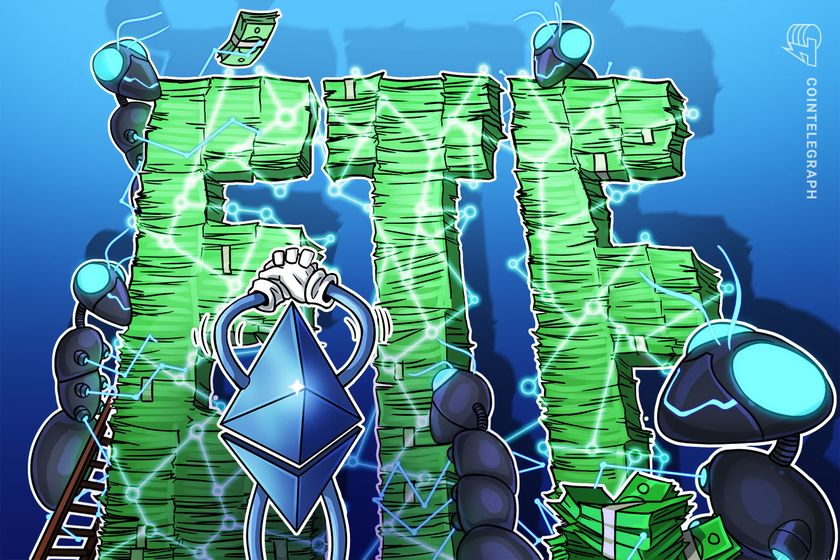Binance stopped ‘all activities focused on Israel’ following regulatory request: Report

“Following the intervention of the capital market, Binance has at this stage stopped marketing to Israelis and all activities focused on Israel until we examine the issue of licensing,” said the Capital Markets Authority.
Major crypto exchange Binance has reportedly halted activities and marketing to Israelis following a request from one of the country’s financial regulators over licensing.
According to a Thursday report from Israel-based news outlet Globes, the Capital Market, Insurance and Savings Authority requested Binance provide information on the services it was providing to Israelis as well as any licenses under which it operates. The regulator, responsible for handling licenses for crypto firms, reportedly never received an application from Binance allowing the exchange to do business in Israel.
“Following the intervention of the capital market, Binance has at this stage stopped marketing to Israelis and all activities focused on Israel until we examine the issue of licensing,” said the Capital Markets Authority.

Binance’s website no longer lists Israel’s shekel as a payment option for buying crypto, a feature that was introduced in February 2020. However, at the time of publication the platform’s job listings still include 7 opportunities to work with the exchange in Israel.
In July 2021, Binance CEO and founder Changpeng Zhao said he wanted the exchange to work with local regulators as it establishes offices in other countries. However, Binance is still facing regulatory scrutiny as authorities in Italy, Malaysia, Poland, Germany, the United Kingdom, the Cayman Islands, Thailand, Canada, Japan, Singapore and other nations have issued statements either claiming the exchange was operating illegally or otherwise warning investors to exercise caution.
Related: Israel reportedly adopts new AML rules for crypto
With a population of roughly 9 million people, Israel has seemingly welcomed the introduction of digital assets under the proper regulatory framework. President Isaac Herzog received a nonfungible token representing when he took the oath of office in July, and the country’s central bank has been exploring the introduction of a digital shekel for almost five years.
Cointelegraph reached out to Binance, but did not receive a response at the time of publication.









